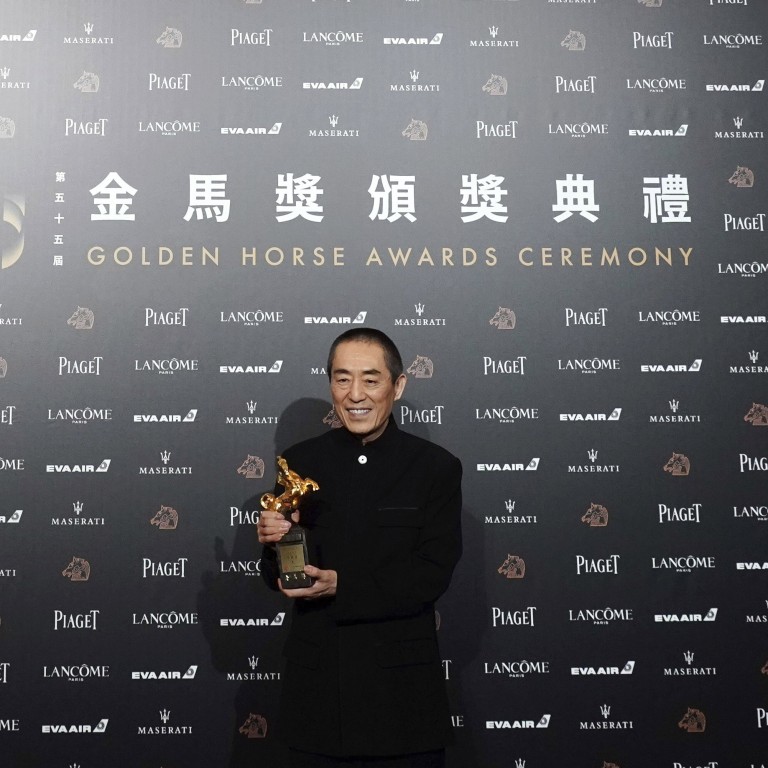
Amid China boycott of Taiwan film festival, five other times it used culture as a political tool
- Arts are meant to serve politics under Communist Party doctrine, and China has employed them as a weapon before when nationalist hackles have been raised
- K-pop singer Chou Tzu-yu, Taiwanese actor Leon Dai, Hong Kong’s Denise Ho, Anthony Wong and Chapman To have been hit by Chinese bans inspired by politics
The decision to withdraw from the annual event, dubbed the Asian Oscars, is just the latest example of arts and entertainment being entangled in tensions across the Taiwan Strait. The island has self-determination but Beijing considers Taiwan a renegade province.
That arts should serve politics is a mantra to which the Chinese Communist Party has long adhered. In 1942, its then leader Mao Zedong said at the Yan’an Forum on Literature and Art that all art should reflect the life of the working class, advance socialism and serve politics.
Taiwanese artists and entertainers aren’t the only ones to have been caught up in political tensions involving China. Hong Kong and South Korean artists and entertainers have received similar treatment.
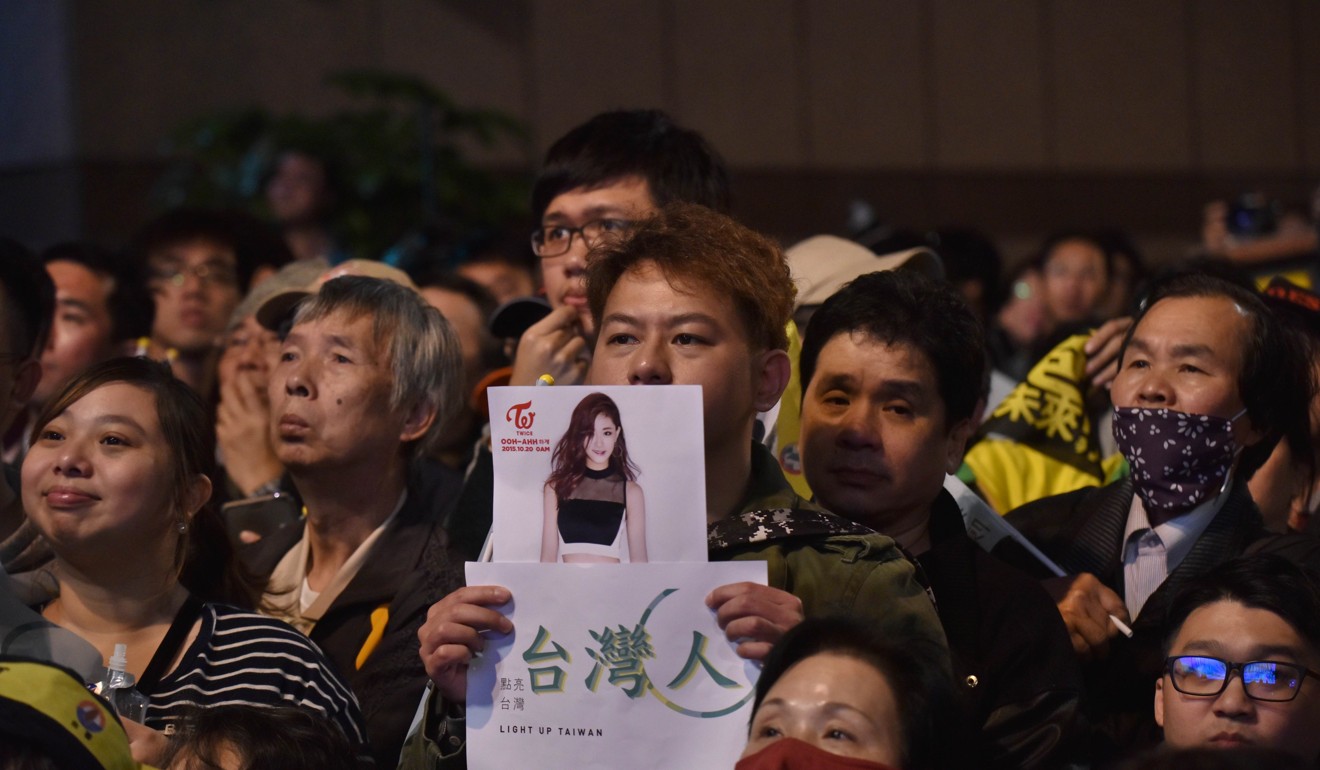
Here are five other times political controversy has had cultural repercussions for China’s neighbours:
1. Chou Tzu-yu
She was forced to release a videotaped apology issued by her South Korean management company, JYP Entertainment.
Chinese television stations barred Twice from their broadcasts, telecommunications giant Huawei ended its endorsement of Chou, and JYP Entertainment suspended all her engagements in China. Taiwan’s then president, Ma Ying-jeou, and his presidential election rival, now president, Tsai Ing-wen, came out in support of Chou, further inflaming cross-strait ties.
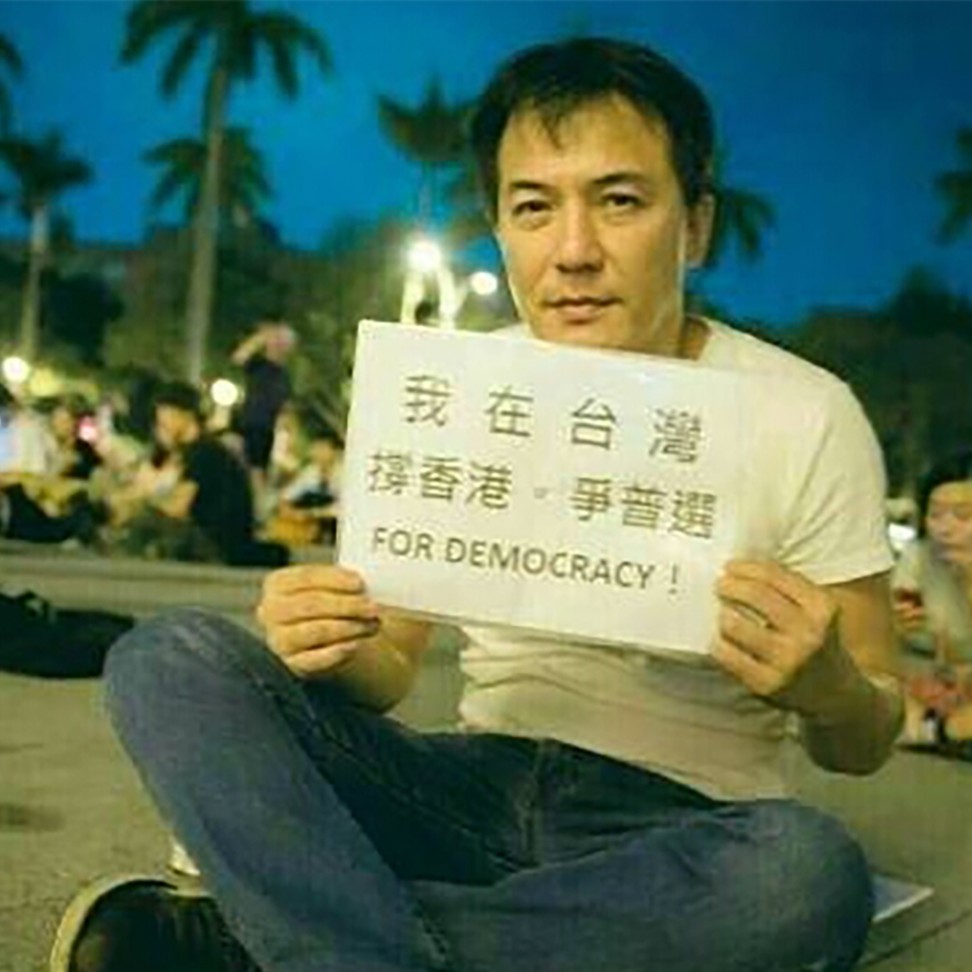
2. Zhao Wei and Leon Dai
3. Ten Years
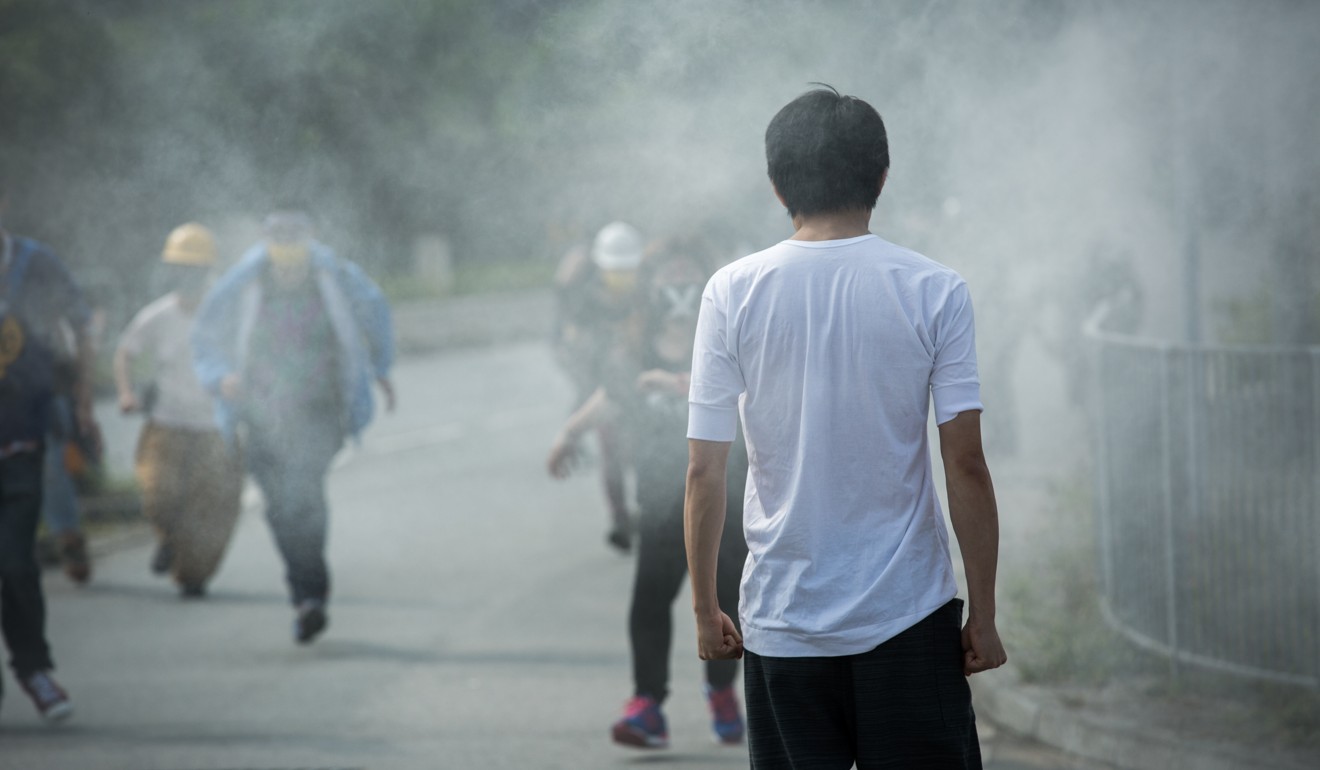

4. Participants in Hong Kong’s “umbrella movement”/Occupy Central
5. K-pop and K-drama stars
Given the continuing cross-strait tensions and current political unrest in Hong Kong, in which some protesters have shown antipathy towards China, artists and entertainers from Taiwan and Hong Kong are certain to find themselves negotiating the minefield of Chinese cultural censorship.
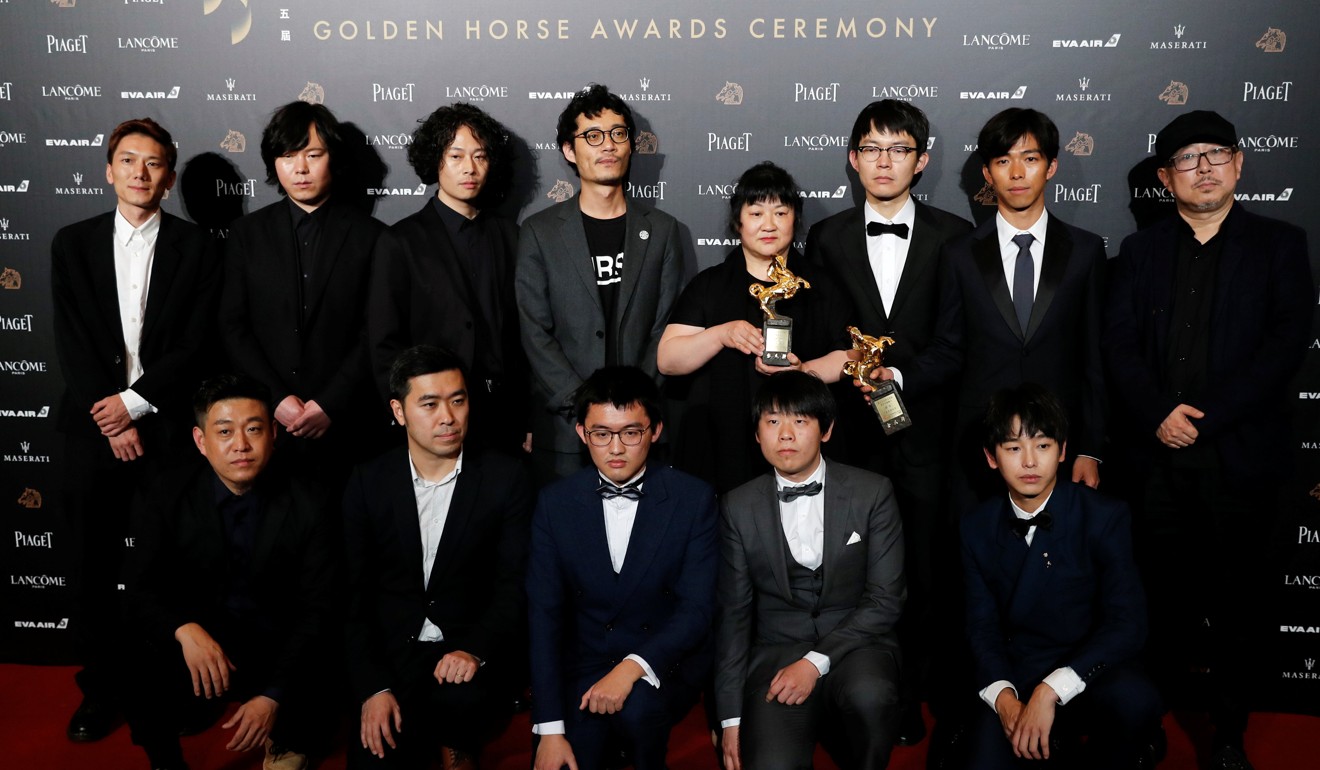
But the Taiwanese public seemed unfazed and defiant yesterday in the face of China’s boycott of the Golden Horse Awards in November.
TEDxTaipei co-founder Jason Hsu said on Facebook that culture and the arts should not be a tool to serve politics.
“I believe movie-makers across the strait are also [facing a] crackdown [by their government]. Movie-makers are victims [of] cross-strait political reality. They long for freedom [to create] ….”
Karen Yu, a legislator from Taiwan’s Democratic Progressive Party, said she was grateful that China had willingly withdrawn from the Golden Horse Awards, because it meant people in Taiwan and Chinese people around the world could enjoy the awards ceremony without it being besmirched by politics.
“China uses politics to direct the arts and ride roughshod over Taiwan. The Golden Horse Awards has shown much tolerance but China regrettably does not take up our goodwill and went out of its way to [politicise] them.
“On the surface, China’s decision seems to be a crackdown and a boycott. But it actually is good news, as the Golden Horse Awards can finally stop being a stage where politically motivated filmmakers [from China] throw tantrums.”
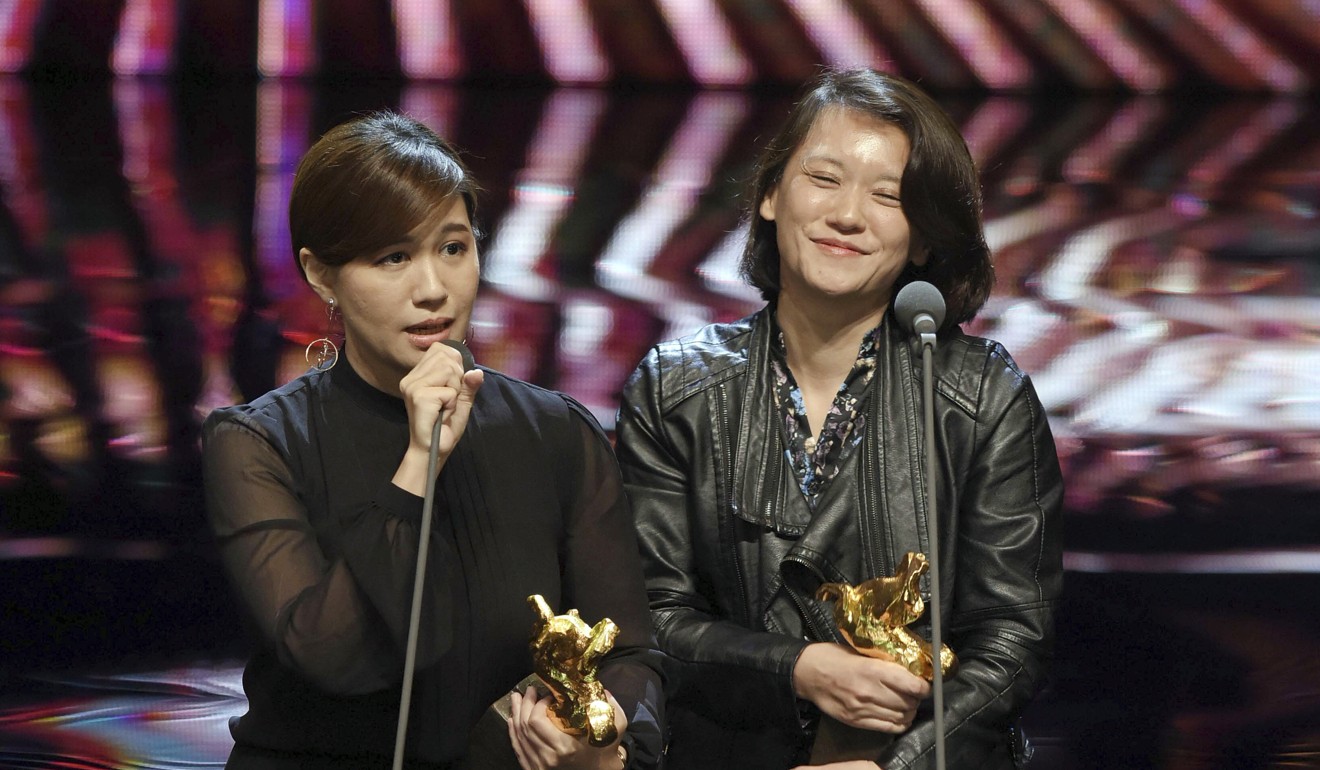
This is the first time that Beijing has banned its films from competing in, and its filmmakers from attending, the Golden Horse Awards since Taiwan officially allowed participation by China in 1996.

